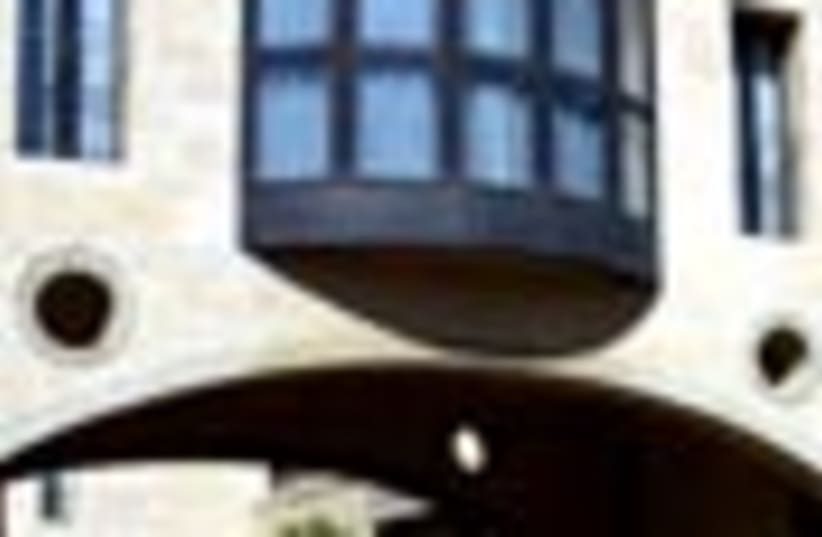| More about: | Council on Foreign Relations, Zalman Shoval, Washington, D.C., Jerusalem |
Real estate sales to foreign buyers on the rise
Luxury homes attract Americans.


| More about: | Council on Foreign Relations, Zalman Shoval, Washington, D.C., Jerusalem |